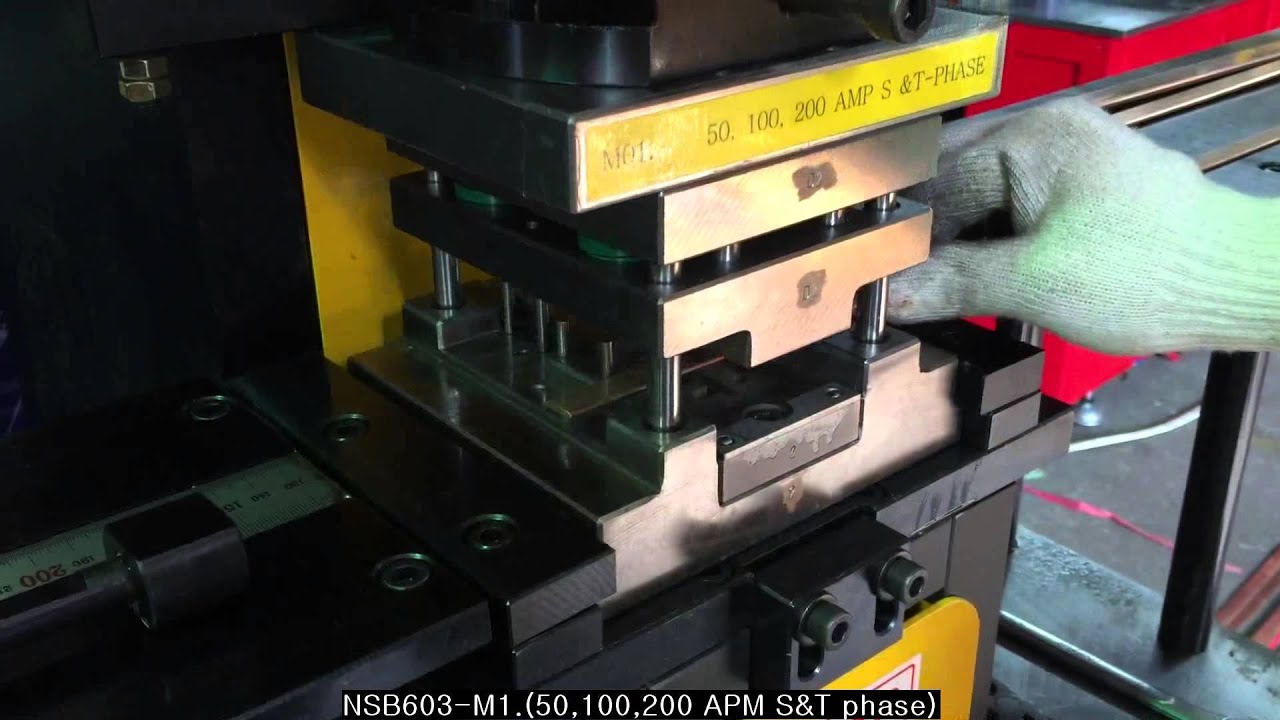In today’s rapidly advancing technological landscape, busbar bending machine have become an integral part of our daily lives. From the smallest household appliances to the most sophisticated industrial robots, machines have revolutionized the way we work, live, and interact with the world around us. These mechanical marvels, driven by cutting-edge technologies, are reshaping industries, improving efficiency, and enhancing our quality of life.
In the realm of manufacturing, machines play a pivotal role in producing goods with precision and speed. Automated assembly lines have become the backbone of industries, from automotive to electronics. Robots equipped with sensors and artificial intelligence (AI) are now capable of performing intricate tasks with remarkable accuracy, increasing production rates and reducing human error.
The healthcare sector has also witnessed the transformative power of machines. Surgical robots, for instance, assist surgeons in performing delicate procedures with unprecedented precision. Machines equipped with machine learning algorithms can analyze vast datasets to diagnose diseases and develop treatment plans, offering quicker and more accurate medical insights.
Machines are not limited to the factory floor or the operating room; they are also making their mark in our homes. Smart appliances like thermostats, refrigerators, and virtual assistants have become indispensable in many households. These devices, connected through the Internet of Things (IoT), offer convenience and energy efficiency, making our lives more comfortable and sustainable.
Transportation is another domain where machines are reshaping the landscape. Self-driving cars, powered by advanced sensors and AI, promise to revolutionize the way we commute, making roads safer and reducing traffic congestion. Drones, too, are transforming the delivery industry, offering faster and more cost-effective methods of transporting goods.
In the world of finance, machines are aiding in the analysis of massive datasets and trading at speeds impossible for humans to achieve. Algorithmic trading and robo-advisors are becoming increasingly common, democratizing access to financial services and optimizing investment strategies.
Despite the remarkable advancements in machine technology, concerns about job displacement and ethical considerations linger. As machines take on more tasks previously performed by humans, there is a growing need for retraining and upskilling the workforce to adapt to this changing landscape. Additionally, ethical questions surrounding AI and automation, such as privacy and bias, must be addressed to ensure responsible and equitable development.


